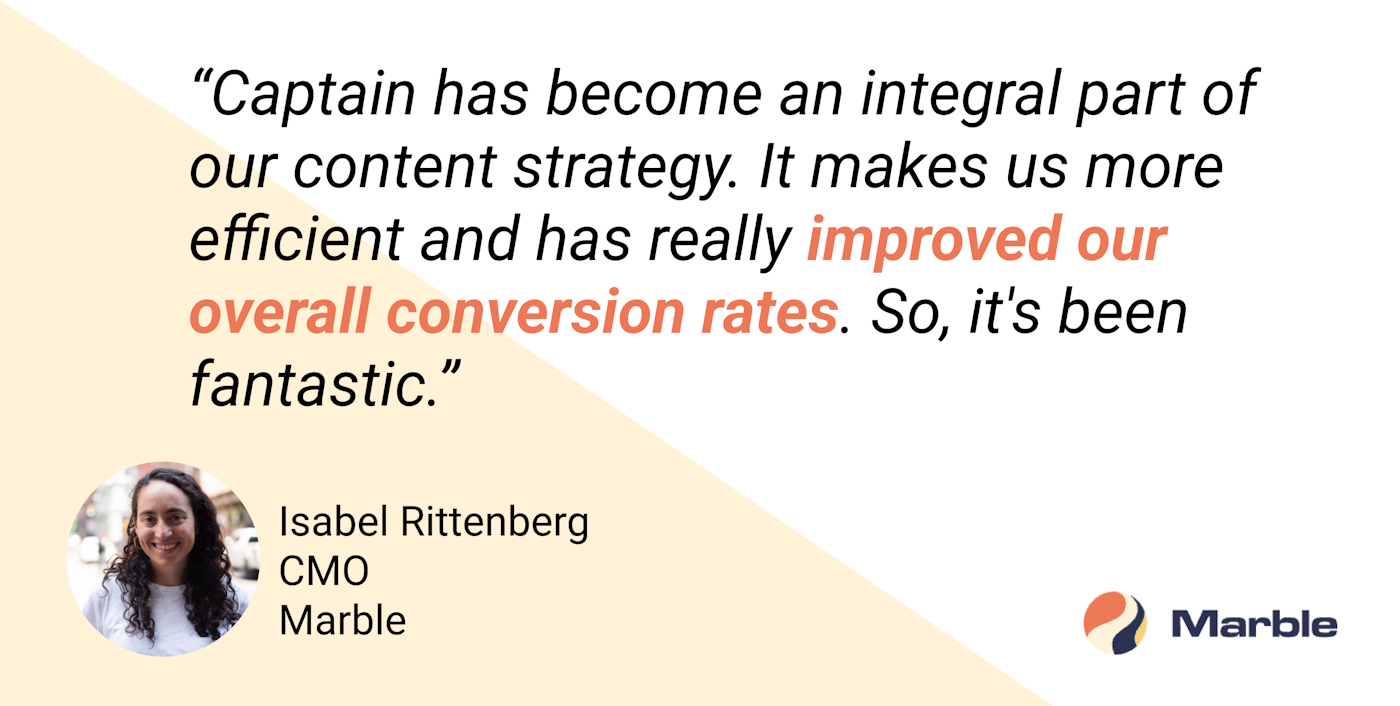Strategies for Sustainable and Ethical Influencer Marketing
Introduction
As the landscape of influencer marketing continues to evolve, the emphasis on ethical practices and sustainability is becoming more pronounced. But what does it really take to integrate these values effectively into influencer partnerships? We'll explore how businesses can align themselves with influencers who amplify their message and share their commitment to these crucial standards.
How can brands ensure that their collaborations are transparent and resonate authenticity with their audience? We'll look into the strategies that foster long-term, value-aligned relationships, and the tools that can help in measuring the impact of these partnerships. By focusing on real-world examples and actionable insights, we aim to guide brands towards more responsible and impactful influencer marketing strategies.
Identifying and Partnering with Value-Aligned Influencers
Identifying the right influencers who resonate with a brand's ethical standards and sustainability goals is crucial. The selection process involves a meticulous vetting of influencers' past collaborations, their public persona, and the authenticity of their content concerning sustainability. Brands must ensure that the influencers they partner with genuinely advocate for their values, not just for the duration of a campaign but as a part of their everyday lifestyle.
Ryan Fochtman, Partnerships Captain, emphasizes the importance of alignment in influencer collaborations.
"Brands need to conduct thorough research on potential influencers, examining their past collaborations and how authentically they engage with topics like sustainability and ethics," he states.
This deep dive into an influencer's history helps in identifying any red flags which might suggest a misalignment with the brand's values.
Building long-term relationships with influencers is equally vital. These partnerships go beyond one-off campaigns and involve continuous collaboration to foster a genuine connection with the audience. For instance, the partnership between Johnson & Johnson and the LGBTQ+ community through inclusive influencer campaigns not only supported the community but also aligned with the brand’s commitment to diversity and inclusion.
- Criteria for Selection: Thorough background checks, alignment with brand values.
- Building Relationships: Long-term partnerships rather than one-off campaigns.
- Case Example Insights: Johnson & Johnson’s LGBTQ+ supportive campaigns.
Transparency and Authenticity in Collaborations
Transparency is foundational in maintaining trust and credibility in influencer marketing. Brands and influencers need to clearly communicate the nature of their collaborations to their audience, especially when it comes to sponsored content. This transparency not only adheres to legal guidelines, such as those set by the FTC but also enhances audience trust.
Handling sponsored content with integrity involves clear disclosures and honest representation of the products or services endorsed. "Disguised advertising is a significant ethical problem in influencer collaborations," notes a key insight from Kolsquare. To combat this, influencers and brands should be upfront about their partnerships, using clear and accessible language to indicate sponsored posts.
Ethical challenges like disguised advertising can be mitigated by fostering open communication between brands and influencers. This involves setting clear expectations from the outset about the goals of the campaign and how they should be communicated to the audience.
- Importance of Open Communication: Clear, honest exchanges about campaign goals.
- Handling Sponsored Content: Adherence to disclosure guidelines, honesty in promotions.
- Ethical Challenges: Strategies to overcome issues like disguised advertising.
Impact Measurement and Reporting
Measuring the impact of ethical and sustainable influencer campaigns is essential for understanding their effectiveness in enhancing brand reputation and driving sales. Brands should employ both qualitative and quantitative metrics to assess the performance of these campaigns. This includes tracking engagement rates, audience growth, and the sentiment of the feedback received.
Feedback loops are crucial in refining influencer strategies. Consumer feedback can provide direct insights into how well the audience perceives the authenticity and relevance of the influencer content. This feedback should be actively sought and used to adjust strategies in real-time, ensuring that the campaigns remain aligned with audience expectations.
Sustainability reporting enhances brand transparency by publicly sharing the outcomes of sustainable practices and campaigns. This not only holds the brand accountable but also encourages other companies to undertake similar initiatives. Public reporting can include data on the environmental or social impact of the campaigns, reinforcing the brand's commitment to sustainability.
- Tracking Success: Use of engagement metrics, sentiment analysis.
- Feedback Loops: Incorporation of consumer feedback for strategy refinement.
- Sustainability Reporting: Public disclosure of campaign impacts.
Leveraging Technology for Ethical Influencer Marketing
Various tools and platforms assist brands in managing their influencer collaborations more ethically and sustainably. These digital solutions help in identifying influencers whose values align with the brand, managing campaigns, and measuring their impact effectively.
Data-driven decisions are at the core of modern influencer marketing. By leveraging analytics and performance metrics, brands can make informed choices about which influencers to partner with and how to structure their campaigns. This approach ensures that every decision is backed by solid data, enhancing the chances of campaign success.
- Digital Tools and Platforms: Utilization of platforms for better management and alignment.
- Data-Driven Decisions: Emphasis on analytics and performance metrics for informed decision-making.
By integrating these strategies, brands can ensure that their influencer marketing efforts are not only effective but also align with broader ethical standards and sustainability goals. This approach not only enhances brand reputation but also contributes to a more sustainable and ethical marketing landscape.
Wrapping Up: Ethical and Sustainable Influencer Marketing Strategies
Throughout our discussion, we've explored the vital importance of aligning with influencers who not only resonate with a brand's ethical standards but live them. From conducting thorough background checks to fostering long-term relationships and ensuring transparency in collaborations, the path to ethical influencer marketing demands diligence and authenticity. By measuring the impact of these campaigns through both qualitative and quantitative metrics, brands can fine-tune their strategies to better meet audience expectations and enhance their reputational capital.
As we move forward, remember that each choice in influencer partnership casts a stone into the waters of public perception—ripples that can either muddy or clarify a brand's image. The goal isn't simply to make an impact; it's to ensure that the impact is the right one. Let's continue to push the boundaries of what it means to market responsibly, ensuring that every campaign we craft not only reaches but also resonates, setting a standard for integrity in every post shared.
From the Experts

"Brands vet influencers for alignment with their ethical and sustainable values through several strategies. They conduct thorough research on past collaborators, examining content and any personal values the influencers have demonstrated. They look for any red flags that might suggest a misalignment with the brand's values. It's important to look at past engagement and how the influencer's audience responds to ethical and sustainable messaging. Brands need to ensure that their values align and have open conversations with the influencer about their ethical and sustainable values. And when considering long-term potential, they assess the influencer's commitment to sustainability and ethical practices, looking for influencers who demonstrate a genuine interest in driving positive change. Influencers play a crucial role in shaping consumer perceptions towards sustainable products. They amplify awareness and trust in sustainable products through their authentic advocacy, driving consumer perceptions towards eco-friendly choices."




